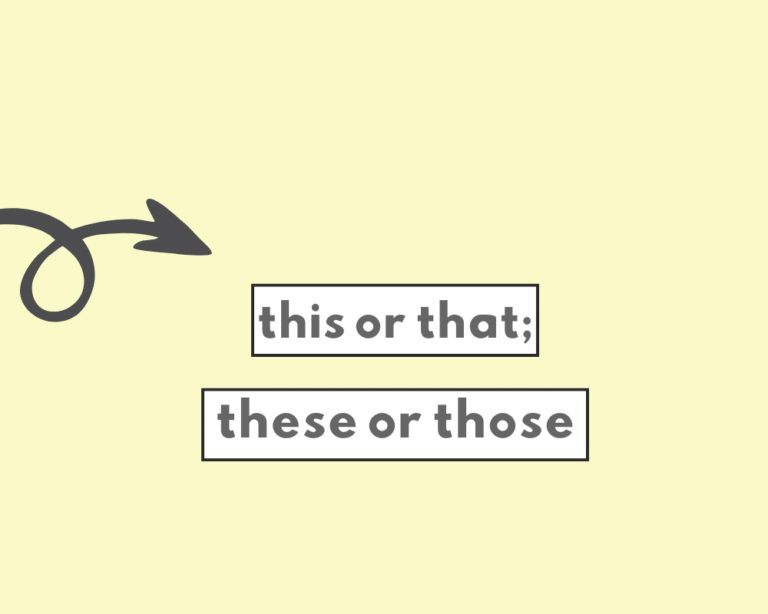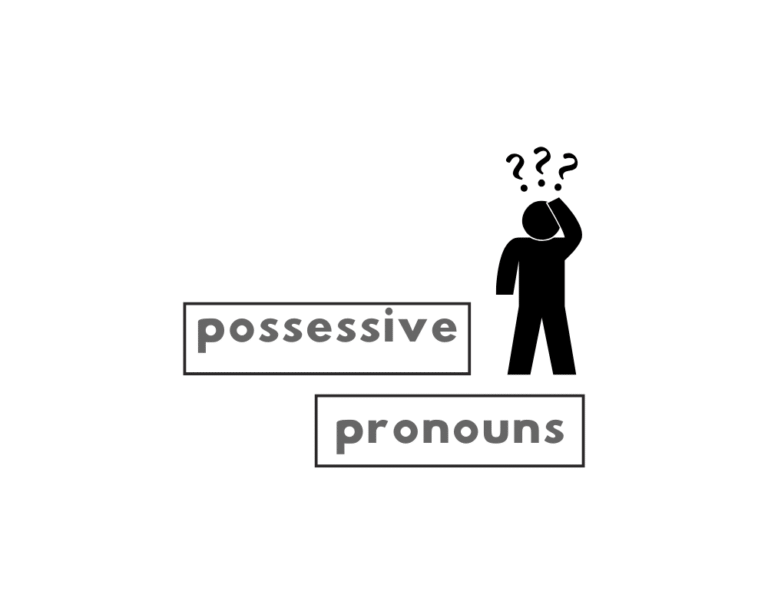
The meaning of “steal”
The word steal, defined by the Oxford Learner’s Dictionary, is “to take something from a person, shop, etc. without permission and without intending to return it or pay for it.” Steal is a homophone in English, which are words that have the same pronunciation though mean different things. Steel, which sounds the same as steal), is a type of iron metal with carbon that is used commercially.
To steal is the present tense from of the verb, stole is the past simple, and stolen is the pastparticiple form of the verb. This makes the verb, to steal, both irregular, and a part of the class of verbs with 3 forms (like steal/stole/stolen). See the chart:
| base verb | past tense | past participle |
| wear | wore | worn |
| tear | tore | torn |
| swear | swore | sworn |
| steal | stole | stolen |
| break | broke | broken |
Those familiar with Proto-Germanic languages may note the ablaut, which is present in the ‘pulling sound’ of such Germanic-originated ‘irregular’ verb patterns (which, evidently, was quite regular as a verb form in the original German). The ablaut is audible in the verb forms of speak/spoke/spoken, write/wrote/written; hide/hid/hidden, and steal/stole/stolen.
Conjugations of the verb steal
| present | past | future | |
| simple | I steal | I stole | I will steal |
| continuous | I am stealing | I was stealing | I will be stealing |
| perfect | I have stolen | I had stolen | I will have stolen |
| perfect continuous | I have been stealing | I had been stealing | I will have been stealing |
|
Steal is in the present tense: He wanted me to steal your necklace. |
|
Stole is the simple past: If she stole something from you, I’ll return it. |
|
Stolen is the past participle: My wallet was stolen. |
Which is correct: stole or stolen?
| Word Form | Examples |
|---|---|
| Past Participle | 2. I had my wallet stolen.
5. He discovered that his car had been stolen. |
| Other | 1. Those ideas were stolen from me.
3. He was charged with possession of stolen property. 4. My wallet was stolen. |
Synonyms of steal
- ransack
- loot
- kidnap
- swindle
- burglarize
- pilfer
- theft
- poach
- embezzle
- run off with
- snitch
- shoplift
- peculate
Idioms with steal
- Mean enough to steal a penny off a dead man’s eyes
- Steal the show/the spotlight/the thunder (to divert attention to oneself)
- Like stealing acorns from a blind pig (something that’s extremely easy to accomplish)
- Beg, borrow or steal (to accomplish something by any means necessary)
- Steal a march on something or someone (to get an advantage over someone or something)
- Steal a glance (to look at someone)
Origin of the word/verb steal
From etymology online on steal (v.):
Old English stelan “to commit a theft, to take and carry off clandestinely and without right or leave” from Proto-Germanic *stelanan.
Other commonly confused verb tenses
- What’s the past tense of spread?
- What’s the past tense of lead?
- What’s the past tense of choose?
- What’s the past tense of fly?
- What’s the past tense of lay?
- What’s the past tense of drive?
- What’s the past tense of draw?
Worksheet
According to the post, what is the simple past tense form of the verb “steal”?
Which form of “steal” is the past participle and is used with auxiliary verbs like ‘had’ or ‘was’?
The blog post states that using “They steal the money from the bank yesterday” is incorrect because:
Which sentence correctly uses the simple past tense of “steal”?
When is the form “stolen” typically used, according to the post?
The child admitted he a cookie from the jar yesterday.
She reported that her bicycle had been earlier that morning.
They were careful not to any attention during the performance.
The museum discovered that several artifacts were missing; they had been .
He a quick look at the clock on the wall.
FAQs
What are the main forms of the verb steal?
+
When should I use the word stole?
+
When should I use the word stolen?
+
Why is “have been stole” incorrect?
+
Is steal correct for past tense?
+
Yash, D. "What’s the Past Tense of Steal? Stole or Stolen?." Grammarflex, Jul 15, 2025, https://www.grammarflex.com/stole-or-stolen-whats-the-past-tense-of-steal/.
Sources
-
Wikipedia. 2023. “Indo-European ablaut.” Wikimedia Foundation. Last modified January 10, 2023. https://en.wikipedia.org/wiki/Indo-European_ablaut.











